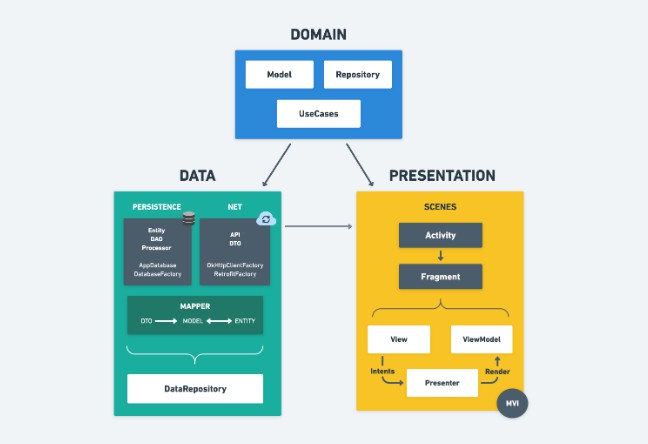Autoplay
Gradle plugin for publishing Android artifacts to Google Play.
Fetures
-
Autoplay is optimized for CI/CD usage:
- it does not trigger assembly task - you can reuse build artifacts from previous build steps;
- it accepts JSON key as base64-encoded string, which is secure and convenient way of providing sensitive data.
-
Autoplay is developer friendly:
- it does not require storing any dummy keys in source control;
- it can be used without provided credentials in development;
- it has a single publish task for uploading akp, mapping file and release notes.
-
Autoplay is reliable and future-proof:
- it has very clean and concise implementation, which is easy to understand;
- it's covered by unit tests and easy to maintain and extend;
- it's built using latest technologies and tools like Kotlin, Kotlin-DSL for Gradle, Android Gradle plugin etc.
Usage
In the main build.gradle
Releases of Autoplay are published to mavenCentral() repository. Check releases section to find lastest release version.
In the application module's build.gradle
Call ./gradlew tasks and you will see a new publishing task publishApk<BuildVariant> in the list. Autoplay adds this task for each build variant of release type. For a project without custom build flavors configured, the task is called publishApkRelease.
Now you can call this task from a central build script. Here is an example of how to use it with Gitlab CI.
You can encode JSON key file into base64 string using following shell command (linux, mac)
and provide the value to the build script using a protected variable.
Release Notes
Autoplay takes apk- and mapping-files for uploading from the respective build output directories. Release notes assigned to a release should be provided additionally. Autoplay expects release notes to be stored under src/main/autoplay/release-notes directory in accordance with the structure shown down below.
src
+- main
+- java
+- autoplay
+- release-notes
+- <track> e.g. internal
+- <locale>.txt e.g. en-US.txt





